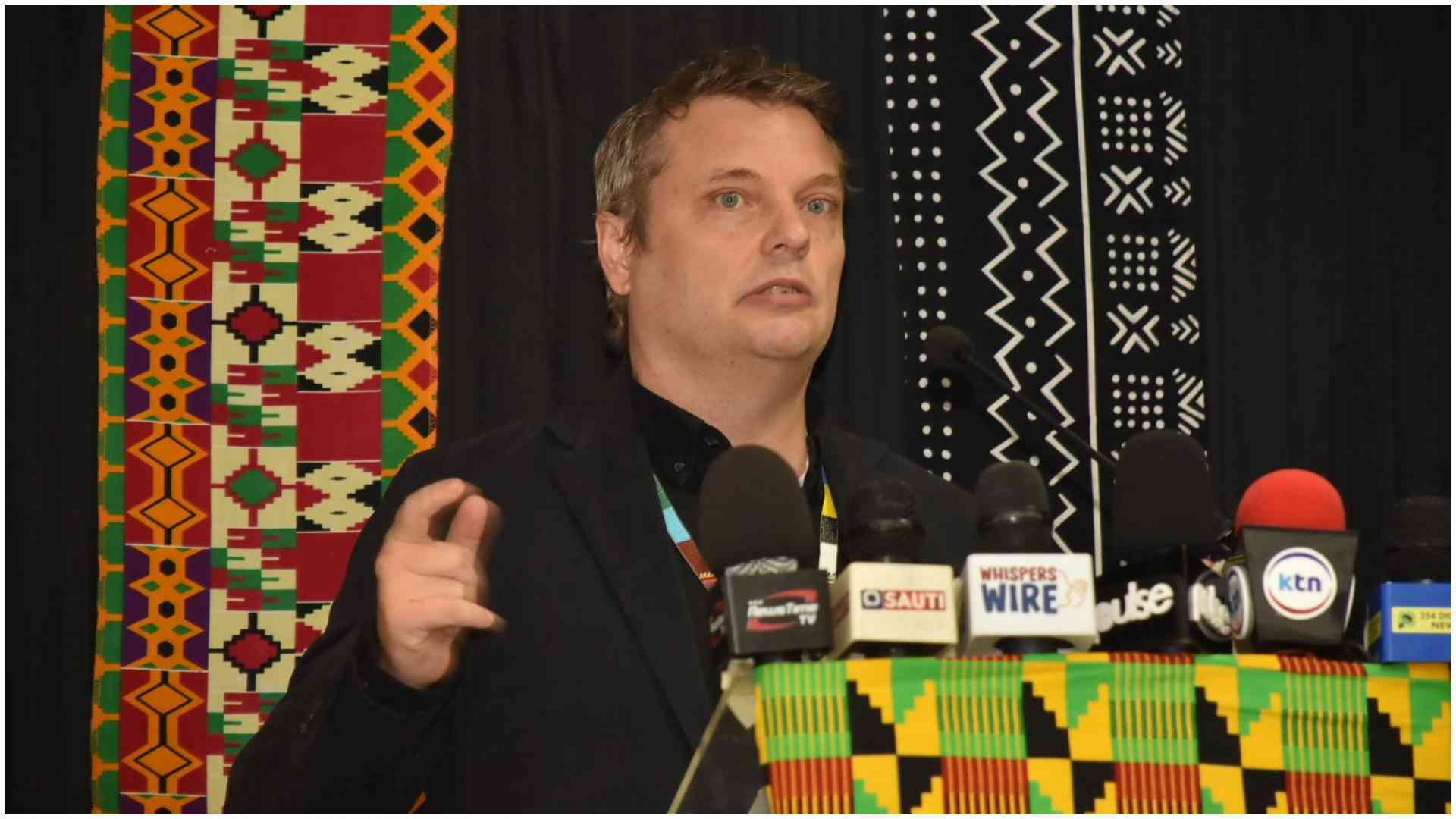International organisations are stepping up the efforts to help local artistes and tech innovators to hone their craft and thrive as entrepreneurs.
In a candid talk on Cleaning The Airwaves, talent consultant Budha Blaze talks of how WAPI (Words and Pictures) an ecosystem created at the British Council, changed the Kenyan hip-hop scene.
Many established Kenyan rappers continue to pay homage to that system created which saw the genre thrive as did their careers.
Now, the British Council is back with another initiative that has got the creative industry animated due to the prospects on offer.
The UK/Kenya season is a cultural bilateral programme that will celebrate and strengthen he relationship between Kenya and the United Kingdom through arts and education.
“The programme has a lot to offer in terms of the innovation, creativity and the dynamic youth population as well as theirs is a real appetite on both sides for deeper and more equal partnerships,” Tom Porter, the country director British Council Kenya and East African Cluster Lead says.
Tom says this is the right moment to build on that energy as it is also the final year of the UK/Kenya strategic partnership, which oversights being done between the government of UK and Kenya.
“It will showcase a broad range of collaborations across various art forms, including music, literature, visual arts, architecture, design, film and performance. We will work with creatives, thought leaders and audiences from Kenya, Britain, Scotland, Wales and North Ireland, aiming to spark, new conversations and deepen cultural understanding,” Sandra Chege, head of Arts, British Council Kenya and Director, UK/Kenya Season 2025, stated during a media briefing.
Sandra said one of the curated partnerships in the programme include the historic collaboration at the 19th International Architecture Exhibition at the Venice Biennale. The British Pavilion exhibition will for the first time be part of the British Council’s international Seasons of Culture.
“A second point of celebration is that for the first time in the Pavilions history, the exhibition is a collaboration between a multi-disciplinary team of curators from Kenya and the UK: Kabage Karanja and Stella Mutegi of Nairobi based architecture studio Cave Bureau: UK based curator and writer Owen Hopkins and Academic Professor Kathryn Yussof,” she added.
Some of the already commissioned projects are the catalysts grants where 19 new partnerships benefited with Sh835,000 to develop collaborative projects between the UK and Kenya. Eleven projects out if it further received a further Sh1,670,000 to advance the projects.
One example of these is ‘Making Space: Inside, Outside’, which brings together young curators from Nairobi’s GoDown Arts Centre and Leeds Transform Festival to share ideas, co-create and amplify voices often left out in the mainstream.
“Throughout the season we will support the convening of leading creative minds through partnerships like the one between the Hay Festival, one if the world’s leading literature festivals and Nairobi Literature Festival (NBO Litfest) taking place between 26th and 29th June and will explore alternative knowledge systems as their theme,” she said.
“The opportunities that are available especially in the grant is that you can pitch and apply a research grant. If you have a great idea, then we will connect you to our delivery partner then they can be able to guide you further. This targets early career practitioners. Depending on our delivery partners, they will be able to guide if the grant is worth it if not, then what else can you apply for based on the categories they have,” Maureen Anzaye-Kubai, Project Manager, Cultural Heritage – Culture Grows says.
For industry stakeholders this is welcomed and needed injection into the creative economy which contributes five per cent of the GDP.
Lilian Mwari, the Managing Director at Sarakasi Trust, says the influx of training programs, mentorship opportunities and joint ventures is empowering a generation of artists co move from passion to profession.
“Years ago, many creatives struggled to access structured guidance or funding. Today International organisations are investing in our ecosystem in tangible ways,” says Lilian.
In 2019, Sarakasi Trust was a beneficiary of a grant from the US Embassy under the Art for Social Change, and embarked on a nine-month empowerment programme dubbed Talanta Na Kazi in Mombasa and Kilifi Counties.
“The main objectives of the program were three; to carry out soft skills training of 200 artists in the two counties with 50 per cent girl representation. Hard skills training that is artistic skills enhancement and help the participants to set up businesses and/or if possible avenues to make revenues from their art,” she tells Pulse.


